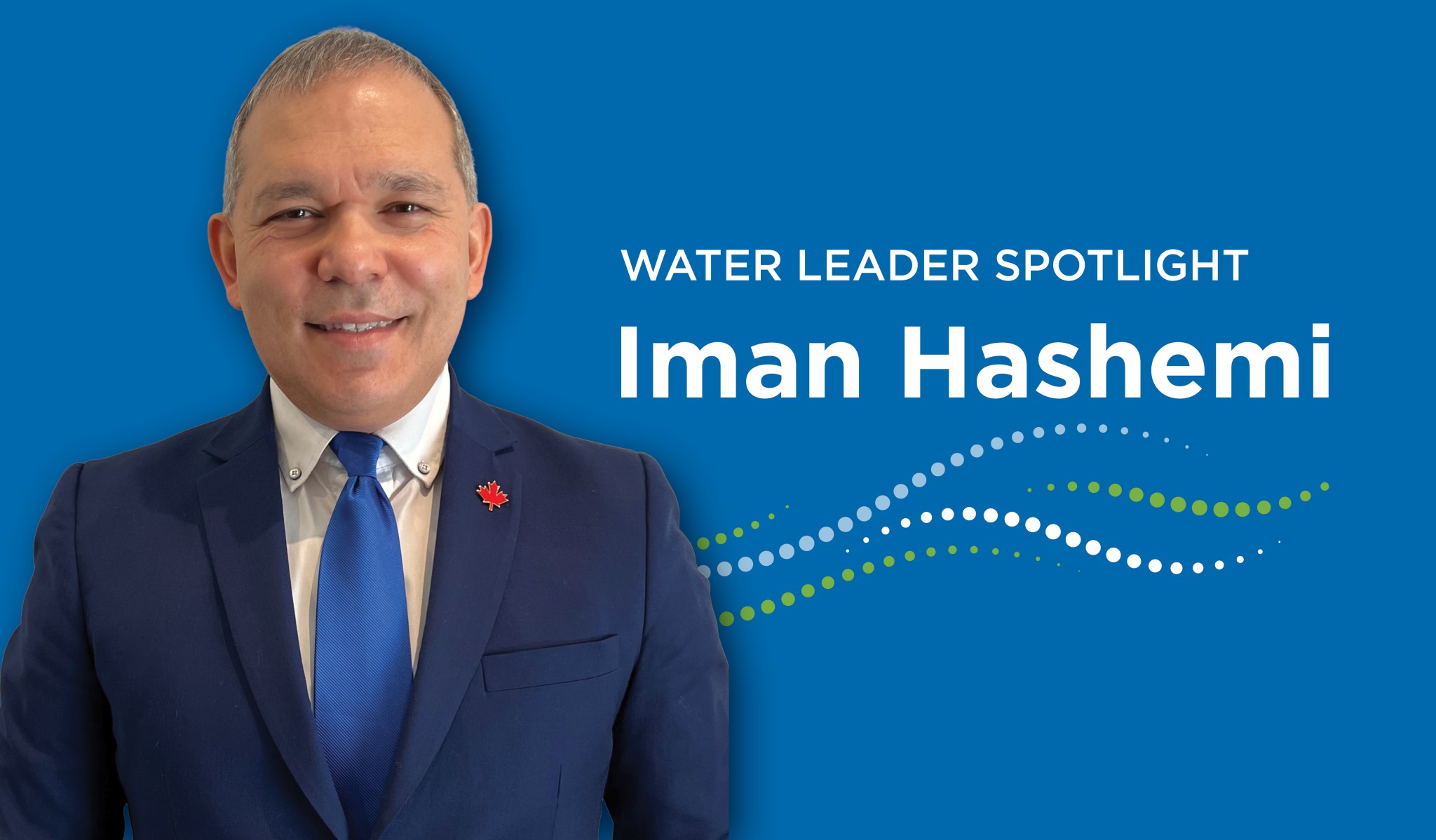Harnessing the power of data
Canadian Water Network (2023 – Ongoing)

Challenge
Members of the Municipal Water Consortium face challenges with managing large datasets. They also face uncertainty about how to move forward with using the data to inform decision-making and advance levels of service. Other common barriers to moving forward include data inaccessibility, inadequate staff expertise, and a lack of understanding of new tools and cybersecurity risks.
Project
The overall objectives for the initiative are as follows:
- Explore data governance frameworks, digital transformation strategies, and approaches that can help municipalities achieve their data governance and digital transformation goals.
- Understand solutions for curating, managing, and analyzing large datasets with intention.
- Explore how municipalities can maximize the potential of tools (e.g., artificial intelligence) while minimizing risk.
- Explore solutions to common barriers that members face, including accessibility of data, siloes, building the case for innovation, and inadequate staffing expertise and training.
Outputs
This initiative aims to deliver:
- A Municipal Consortium Strategic Sharing Group on data governance and analytics.
- A case study profiling a municipality that is successfully advancing its data governance frameworks and digital transformation efforts.
- A report on the state of data governance in Canadian utilities, as well as future outlooks and opportunities.
- A webinar (to be determined).
Outcomes
Through its delivery of a Strategic Sharing Group on data governance and analytics, a case study, report and a webinar, the initiative is expected to yield the following outcomes for participants:
- Advancements in knowledge and understanding of data governance, management, and analysis tools, and resources that can be applied within a utility.
- Knowledge of strategies and tools to help overcome barriers. Strategies may include resources that bridge gaps in data accessibility, staff training resources, and approaches to building the business case to advance digital transformation within the organization.
- Increased network of contacts with municipalities from across the country.
- Increased empowerment and drive to continue advancing their data governance goals in their organizations.












